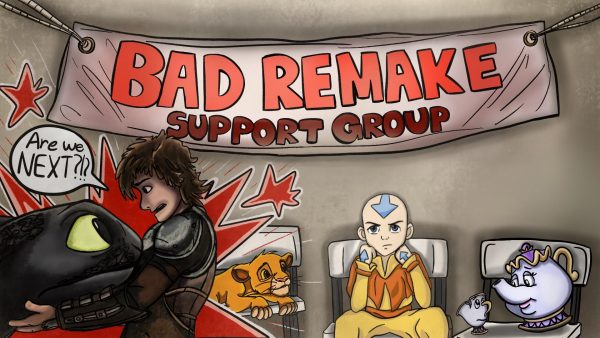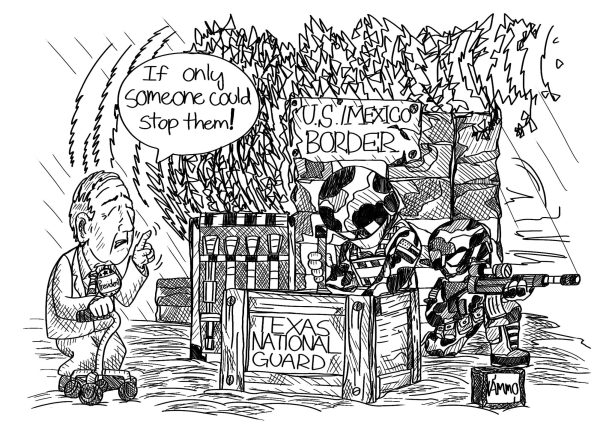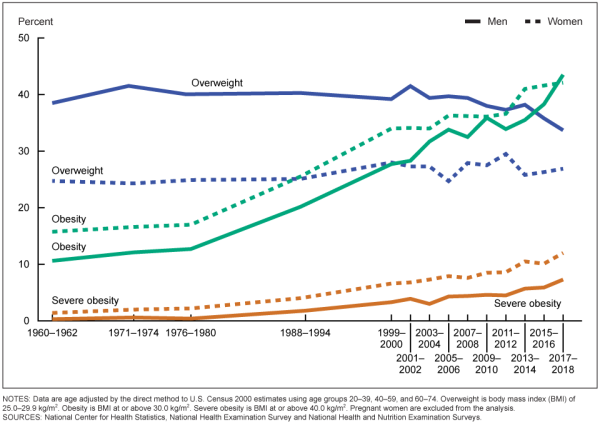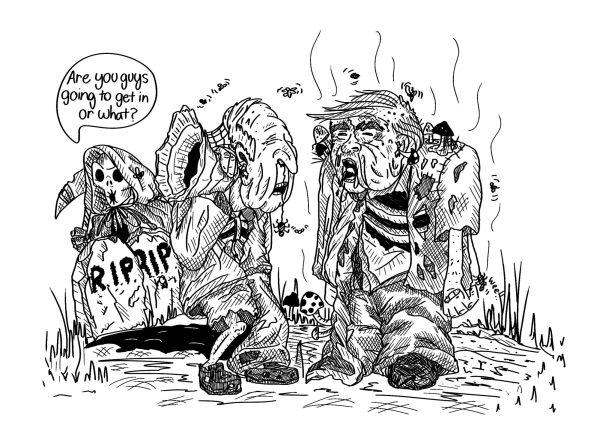The Death of Civil Debate
November 2, 2020
In today’s political climate, I feel like the amount of aggressive debates and ferocious attacks by panel heads, from either CNN or FOX News, dominates the overall programming.
When I’m attempting to follow any type of news programming, I attempt to distinguish right from wrong and consider both arguing sides. Whether the topic is raising taxes, climate change or abortion, I listen and try to understand different perspectives of any argument.
No matter what channel I flip on or talk radio shows I listen to, there are “experts” who traffic in the kinds of biased information that plagues today’s political airwaves.
My problem with the information being presented is that it does something that not too many people seem to acknowledge: it is destroying the “gray area” of conversation.
In dictionary terms, the gray area is defined as “an area of a subject or situation that is not clear or does not fit into a particular group and is therefore difficult to define or deal with.”
Whenever the subject of politics or presidential debates enters conversations, whether it be with friends or family members, it typically starts off casual and often turns into yelling and generally angered sneers.
The gray area fails to be covered in these discussions, as people tend to simply not agree or disagree about a given subject, thus failing to cover the middle ground that used to mutually bring people together as arguments took place.
I get it, people are very set-forth in their beliefs and will almost always stand firm on their viewpoints – even if that means introducing or furthering a “hostile” tone of the debate.
But that’s when it hits me: no one seems to want to listen and reason with people on the other side of an argument. An observation I have taken away from listening to people talk politics, is that no matter the topic, folks will generally agree with one another about the same thing while failing to weigh the other side of the situation.
Out of my own curiosity, I took the time to argue with a friend about why gun reform should take place, and why guns should be heavily regulated to keep communities and people safe. I played devil’s advocate and argued that gun reform should not happen, although I do not personally agree with this view. As this debate took place, my friend continued to raise his voice and eventually become verbally aggressive towards me as I disagreed with his viewpoints.
After a much-heated discussion, that resulted in some time apart, I had to reconcile with my partner and explain one thing: I wanted to see how he’d progress through what initially was a civilized conversation, which turned into an apology and a long discussion about anger and frustration.
Although just one debate, it really opened my eyes to how frustrated one can become during a disagreement, and illustrated why the divide in politics continues to grow.
After watching multiple debates take place between President Donald Trump and former Vice President Joe Biden, as well as Kamala Harris and Vice President Mike Pence, I realized that Americans are adapting a similarly cutthroat manner of debate, where parties demean each other regardless of their relationship.
People often argue with pride on topics they’re passionate for. However, with the civil and cultural gap increasing between Democrats and Republicans, the divide happening is gradually wedging apart the relationships people share. In a world that already feels divided due to the aggressive nature of politics, one has to wonder: when will people be able to have friendly, civilized debates again?













































































Louise Laemmlen • Nov 6, 2020 at 11:52 am
Thank you for this important article, Mr. Perry. Civilized debate takes knowledge, respect, restraint, and open ears. My favorite paper this morning featured an article titled “Divided States- How America can move forward from a nail-biter result”. There was commentary about making amends from both a Republican writer and a Democratic writer. We can do this! And with young people thinking and advocating as you are, I believe civilized debate and a healthy middle ground can make a come back.